 |
 |
 |
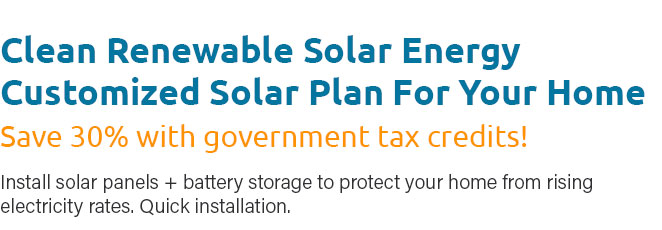 |
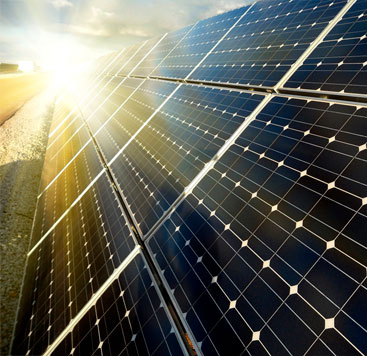 |
 |
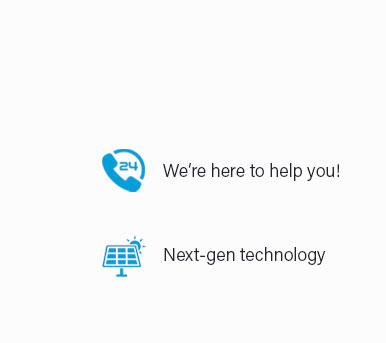 |
 |
 |
 |
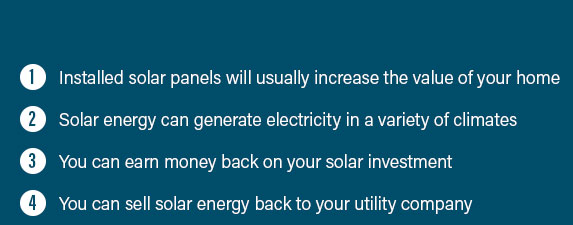 |
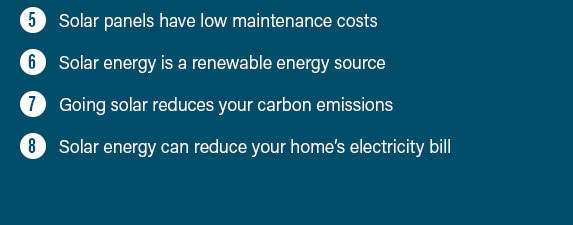 |
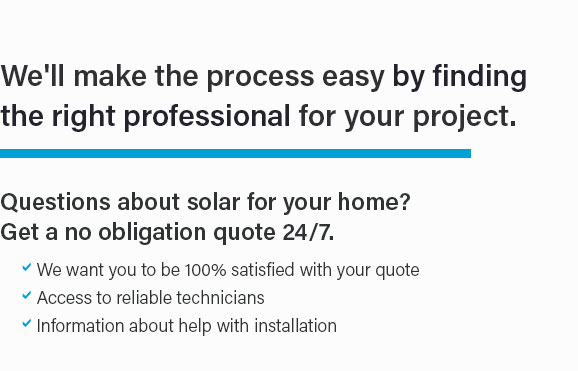 |
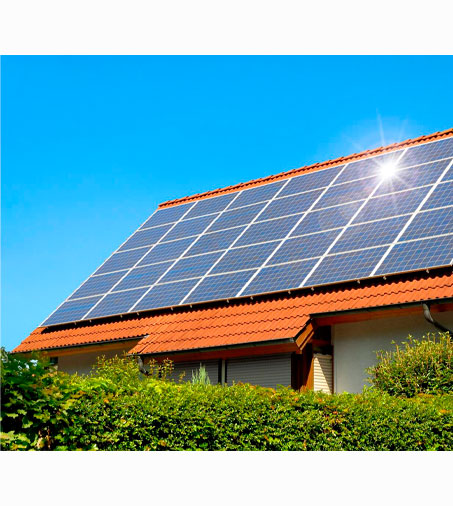 |
|
 |
 |
 |
|
Unlock the power of the sun and transform your home into a beacon of sustainability with our unbeatable solar panels for home installation; experience unparalleled energy efficiency and significant savings on your electricity bills with our personalized solar panels installation quote, crafted to meet your unique needs and budget-embrace the future of clean energy today, and let our experts guide you every step of the way to a brighter, greener tomorrow!
https://freedomsolarpower.com/home-solar-installations
We offer comprehensive services to ensure your solar system functions optimally. Our team can handle solar repair, maintenance, and upgrades. https://www.gogreensolar.com/pages/diy-solar-installation-guide
Pre-Install Steps - Determine Your Energy Needs - Assess Your Property and Choose the Best Location - Choose the Right DIY Solar Kit for Your Home - Buy or Lease. https://www.energy.gov/energysaver/planning-home-solar-electric-system
Investigate your home's energy efficiency - Assess your solar potential and any limitations - Assess your options for going solar - Estimate your solar electricity ...
|